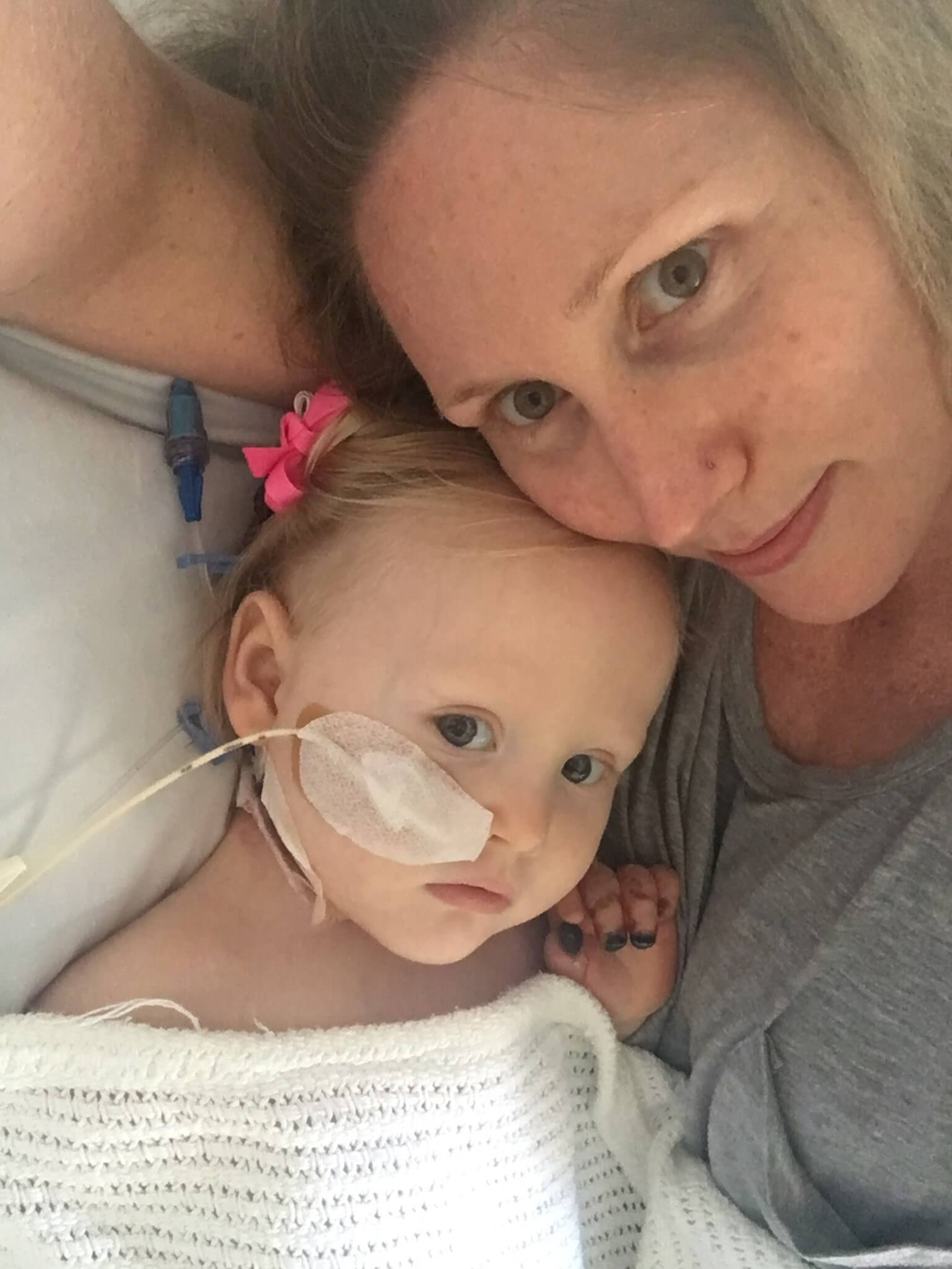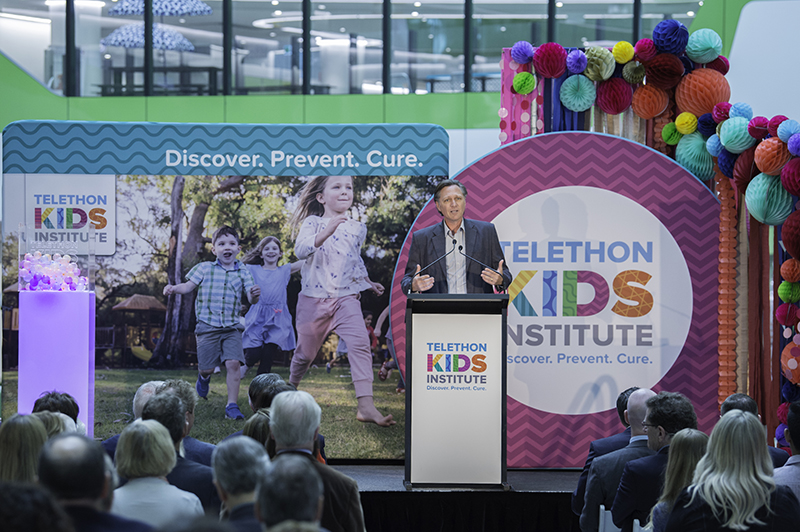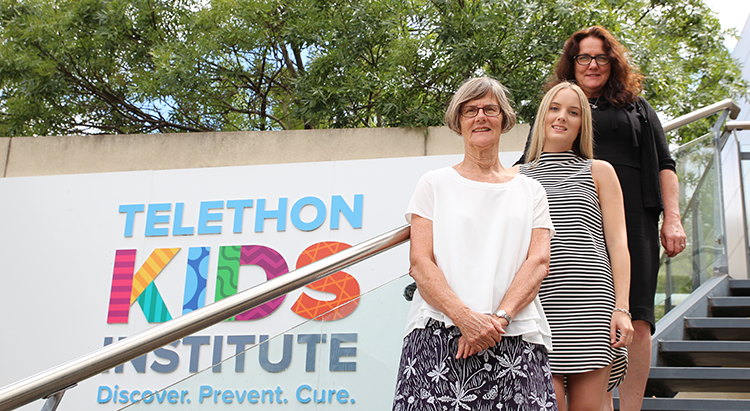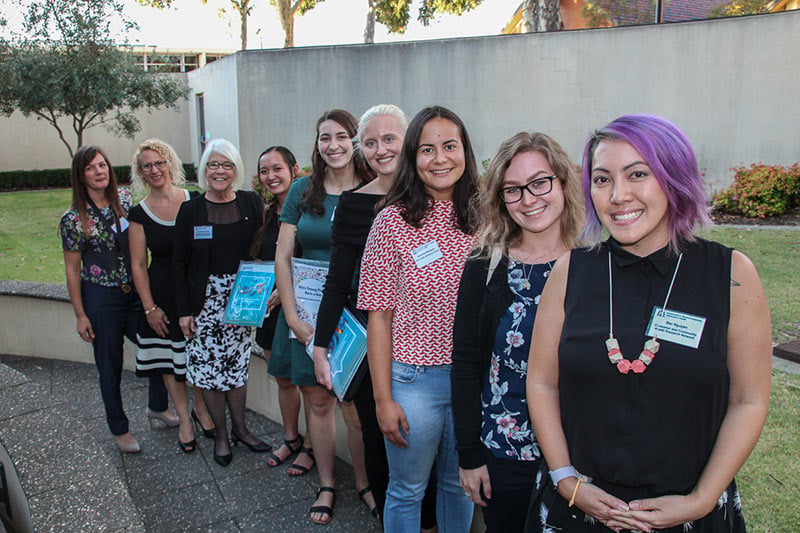Search

News & Events
WACRF grants to boost research in leukaemia, strep A and childhood developmentThe Kids researchers will use almost $730,000 in WA Child Research Fund grants to step up the fight against leukaemia and Strep A, as well as helping children with neurodevelopment issues.
Auditorium, Level 5, The Kids Research Institute Australia, Perth Children’s Hospital Enter The Kids Research Institute Australia through the

News & Events
Fertility techniques linked to intellectual disabilityA The Kids Research Institute Australia study showing a link between intellectual disability and some forms of ART has reinforced the need for co-ordinated long-term monitoring of outcomes of children conceived using these techniques.

News & Events
Children’s voices must be heardAround seven per cent of children and young people live in poverty, and one third are developmentally vulnerable when they start full-time school.

News & Events
Isla's Invasive Strep A Story"I had never heard of invasive Streptococcus A disease before, and I was shocked to hear that it is actually three times more common than meningococcal disease and just as deadly yet there is no vaccine to protect against it."

News & Events
New research home to improve outcomes for kidsThe Kids Research Institute Australia’s new state of the art research facility within the Perth’s Children’s Hospital (PCH) has officially opened its doors, paving the way for faster bench to bedside outcomes for children.

News & Events
The Kids researchers finalists in Premier’s Science AwardsTwo highly respected The Kids Research Institute Australia researchers have been named as finalists in the 2018 Premier’s Science Awards.

News & Events
Banksia Hill project a game changer for young people in detentionA ground-breaking The Kids Research Institute Australia study, which revealed that almost every young person being held in the Banksia Hill Detention Centre had some form of neuro-disability, has sparked concern and conversation across Australia and the world.

News & Events
New lease on life for DartanyonTwo years on, Michelle and Dartanyon’s health and quality of life have significantly improved. We caught up with Michelle to hear about their journey since we first met them.

News & Events
The Kids welcomes new WA youth health policyThe Kids welcomes the launch of WA’s first policy on youth health which will give young people a voice in the planning of health services that affect them.
